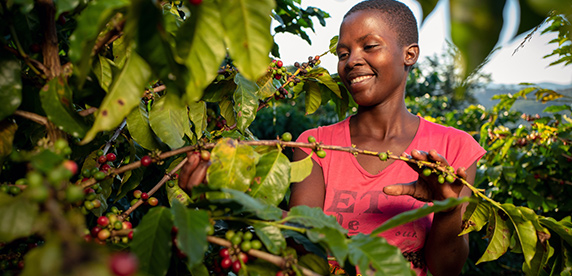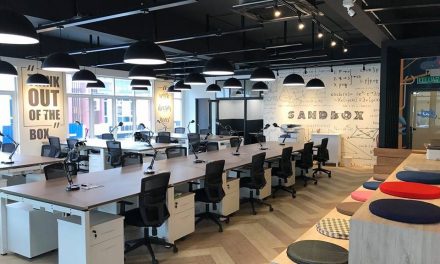Agriculture Zimbabwe is still the mainstay of the Zimbabwean economy, despite the incessant challenges faced by the industry. Interestingly, Zimstats states that most of the people who are ‘employed’ operate in the agricultural sector. This isn’t quite surprising owing to the fact that the lion’s share of the Zimbabwean population is rural – whose main activity is agriculture. We have always heard that this nation used to be the breadbasket of Africa. That’s not all, Zimbabwe used to be a well-respected nation with respect to exports of high-quality agricultural produce. It’s remarkable to note that during our former Rhodesians days, this country used to send food aid to Europe.
Brief History Of Zimbabwean Coffee
You might not know that Zimbabwean coffee used to be much acclaimed due to its quality. Towards the end of the 1980s, the country’s coffee output was at least 15000 tonnes annually – we were brushing shoulders with the best in the field globally. Fast forward almost two decades later and our output had dwindled to barely 400 tonnes. The main causes for this sharp decrease are unstable global prices, high costs of sustainable production and the unhealthy interference of political issues. The overarching cause has been the protracted and continued ailing of the Zimbabwean economy.
Why Is Zimbabwean Coffee Of Superior Quality?
The high altitudes, lakes and the general weather conditions prevalent in the East Highlands are conducive for growing coffee. For coffee to be considered the top quality it must possess certain levels of acidity and fruitiness. Such landscapes and such weather as is commonplace in the Eastern Highlands results in such sought-after attributes being present in Zimbabwean coffee.
Who Is Nespresso?
Nespresso is a Swiss-based coffee company that has set its sights on Zimbabwe. In 2018 this company single-handedly consumed 20 tonnes of all the coffee that was produced locally. Remember earlier I alluded to the dwindling of coffee production in the country, right? Those 20 tonnes accounted for 95% of last year’s total coffee output – the production levels have really gone down.
Their Local Investment Interests
Nespresso has joined hands with TechnoServe. TechnoServe enters partnerships with entrepreneurs and communities in order to develop farms, businesses and industries. Their goal is to tackle poverty in developing countries by the use of business-centred solutions. The thrust is to put to task 7 agronomists who will see to it that relevant technical expertise is imparted to local coffee farmers. The program will major on farming sustainably and using the right approaches in the management of the crop and its ultimate processing. This is part of their global program under the auspices of Reviving Origins. The initiative is aimed at reviving coffee farming in countries where serious economic, political and physical environmental challenges are posing a great danger to the trade.
Coffee Wields Huge Economic Prospects
Nespresso has conducted a similar investment before in South Sudan and it was a resounding success. They took up a long forgotten coffee type in that nation; that was some 8 years ago and they reintroduced its production. This ended up debuting as the first ever coffee export from South Sudan. Not only that, it ultimately clinched the label of becoming the country’s second biggest export after the traditionally known oil. It is in this same vein that Nespresso is going to locally introduce a certain limited edition Arabica type of coffee called Tamuka mu Zimbabwe. It’s a preserve of an exclusive farming community in the Eastern Highlands. The Eastern Highlands are well-known for their high altitudes and rich soils – both conditions necessary to optimally grow this Arabica type of coffee. Thus, holding all things constant and projecting that the model employed in South Sudan can be replicated here, the economic prospects are big.
Some of the biggest issues that have compromised the agricultural industry in Zimbabwe are lack of know-how, financial and material resources plus the politically-induced farms’ grabs. Nespresso has indicated its capacity, intellectual and financial muscle to make this initiative a success. South Sudan is a perfect example of their capabilities.








